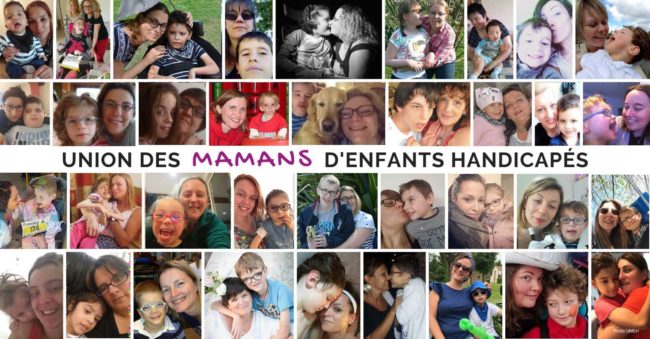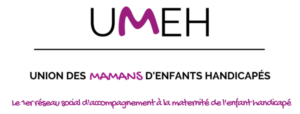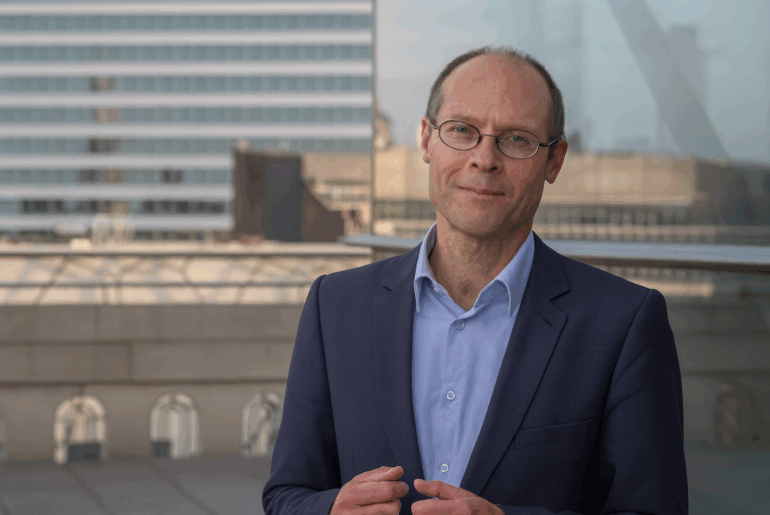A mother’s call for an end to disability by proxy
14.10.19
Riga - September 2019 - workshop on children with disabilities. Representing Make Mothers Matter, Laura Fiquet made it clear that mothers with disabled children are frontline to face many obstacles and problems daily, in France and elsewhere. There has to be some solutions, inclusive of their family environment. Families are the major support of children with disabilities and we must listen to what they have to say.

Our network member Laura Julia Fiquet, founder and president of Union des Mamans d’Enfants Handicapés – UMEH participated in a recent EU fact-finding workshop on children with disabilities. Held in Riga, the event was part of the European Commission’s feasibility study on a potential Child Guarantee.
An obstacle course
An expert on the topic (Laura herself is a mother of a child with a disability), she underlined the many problems she and other mothers in France and elsewhere in Europe face on a daily basis.
They go from job loss, loss of financial autonomy or total financial dependence on the spouse – to loss of social rights (unemployment, retirement, sickness) with the precarious social minima that this implies. Here are some examples:
- Mothers are directly affected by the consequences of their children’s disability on their chances of finding employment. They are not disabled themselves but have to be absent from work regularly to ensure medical appointments for their frail children
- There is discrimination in hiring. Employers ask mothers to justify themselves for the gaps of several years on their CVs. If they say they have a disabled child there is a good chance that the professional interview will not be successful. And if they keep quiet about this period then it gives a false picture of this long period of inactivity
- Accessing employment for mothers of children with disabilities is an obstacle course
- Unfortunately, mothers’ skills do not stand up to the prejudices and fears of employers on the subject of children with disabilities
- There is no law to protect mothers from this kind of discrimination
Family cohesiveness is also compromised, such as separation from the spouse or the renunciation of having another child.

In many cases these mothers also encounter social isolation and a high mental burden, to the point of exhaustion.
Laura also highlighted the lack of competent social interlocutors who could accompany mothers.
Solutions to help
Laura proposed the following:
- Recognising the official status of a mother caring for a child with a handicap
- Creating a specific social legal status that guarantees the mother a dignified income and social security structure
- Creating help centers to listen and provide counselling
- Facilitating access to employment and training facilities by including affected mothers in priority employment profiles. This is currently the case for persons with disabilities in France
- Supporting home-based business endeavours. This can be an effective alternative to ‘getting back to work’ while allowing the mother to take care of her disabled child
- Educating doctors and obstetricians on how to welcome mothers who are dealing with a disabled child and are afraid of a potential new pregnancy. Many would like to have other children, but give up because of fear and misinformation
- Recognising the notion of disability by proxy
Laura welcomed the Commission’s endeavors and hoped that the situation facing many mothers like her would improve.
Working hand in hand with families
She urged for solutions at policy and societal level throughout Europe as an important step towards the recognition of the obstacles. She is positive that this feasibility study will bring clarity and firmly present changes needed to tackle problems. Financial and logistical tools must be provided to properly involve these families and their children in society. Laura also hopes that more family associations will be included in the study, primarily because families are the major carers and often fragilized by these situations. Not taking what they have to say into account could lead to artificial or temporary solutions.
Laura’s concluding message was that if we want a child guarantee initiative to fight poverty and social exclusion, we need to hear the voices of parents and to address these social policies to the family as a whole. A child is embedded in a family environment and context and it is by working hand in hand with families, and mothers in particular, (many children living in precarious situations live only with their mothers) that effective solutions to support vulnerable children will be found.
Breaking the Cycle: Gender Equality as a Path to Better Mental Health
18.03.25
The Council of the European Union has taken a decisive step in recognising the vital connection between gender equality and mental health.
Europe Must Listen to Mothers: Our landmark report heads to the European Parliament
28.08.25
On 22 September 2025, the voices of mothers will take centre stage in Brussels. For the first time, Make Mothers Matter (MMM) will present its State of Motherhood in Europe
Belgian Mothers Face Alarming Rates of Burnout and Perinatal Depression, New EU Survey Finds
03.07.25
Belgian mothers are facing a mental health crisis. According to the State of Motherhood in Europe 2024 survey by Make Mothers Matter (MMM) and Kantar, Belgium reports the highest rates








